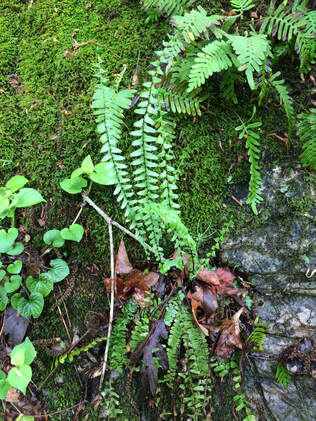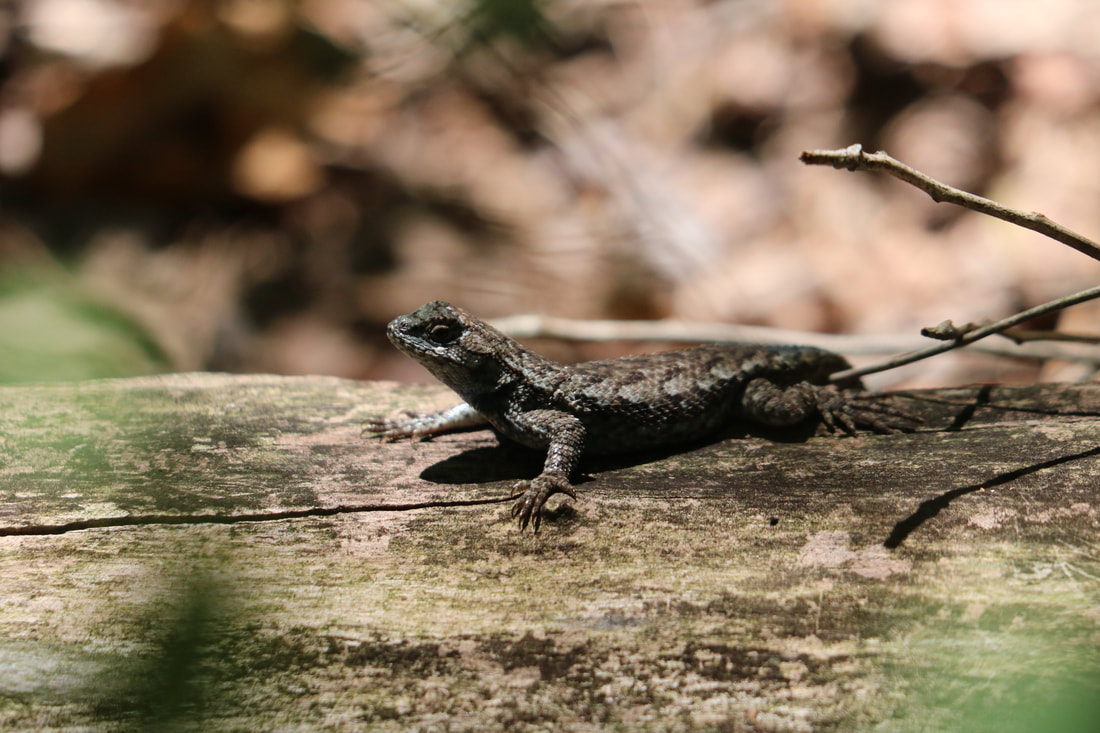
Franklin Burroughs is a dynamic southern writer, born in the South Carolina low country and now living in Maine. More about him appears in the "After Word" to my review of his book.
Before we get to that review, here is an update on my current projects.
I am editing all of the work I wrote for Hellbender Press during the first decade of this century. I will release the finished product as a small book.
Thomas Fraser, the founding publisher of Hellbender Press, has reestablished the paper as an online publication.
Here is a link to "Keep your Butts out of the Tennessee River," my most recent article in Hellbender Press. Thomas has kindly appended links to my other recent Hellbender articles at its conclusion.
Hellbender Press - Keep your butts out of the Tennessee River (sustainably.org)
I review almost every book I read, but here are a few noteworthy reads.
In case you missed my review of Bishop Michael Curry's book, Love is the Way, in the last issue, it also appears on Goodreads. Love Is the Way: Holding on to Hope in Troubling Times by Michael B. Curry | Goodreads
I have taken on the task of promoting other authors, so here is a link to my review of Finn Bille's book in the Chattanooga Pulse.Reviewing Finn Bille's New Book Of Poetry, "The King’s Coin" - The Pulse » Chattanooga's Weekly Alternative (chattanoogapulse.com)
My review of Helga Kidder's recent book appears here. Reviewing Helga Kidder’s Latest Collection Of Poetry - The Pulse » Chattanooga's Weekly Alternative (chattanoogapulse.com)
I recently read Skylar J. Winter's book, Pieces of Humanity. I have heard her read in the Poetry in the Brew open mic. Look for Poetry in the Brew on Facebook.
I need to reread Skylar's book and write a more complete review, but here is a link to her book's Goodreads page. Pieces Of Humanity by Skylar J. Wynter | Goodreads
I am currently reading The Locust Years by Kelly Hanwright. This book is strong stuff. Part memoir and part manifesto for her reclaimed life. Kelly is an award-winning poet, and her book is available on Amazon.
I just got a copy of Griffin's Heart by celebrity author Reagan Pasternak. It is a book of lamentation and healing after the loss of a beloved pet.
Finally, I just received a copy of Bearshit on the Trail: Essential Poems of Earth First. Editor Dennis Fritzinger has curated a compilation of poems that appeared in the poetry column of the Earth First! Journal over more than three decades. I have a poem in the book, but you will have to figure out my pen name to find it.
Review of Billy Watson’s Croker Sack
Franklin Burroughs
ISBN 0-8203-1999-6
University of Georgia Press
“It is always dangerous to question a college professor. They are paid to talk by the hour.” So begins the explanation that Franklin Burroughs gives of the term “croker sack” as used in his title Billy Watson’s Croker Sack.
The description is a postscript initially written for an editor unfamiliar with the word. As used in Burroughs’ writing, the croker sack is a large cloth bag containing the results of a day spent foraging the low country wetlands’ bounty.
Despite this warning of long-windedness, Franklin Burroughs is an accomplished essayist. His writing is equally eloquent when describing his homeland in coastal South Carolina or his adopted home in Maine. He presents two disparate lands not compared and contrasted but joined in the striking narratives in this book.
The contents of a croaker sack are surprising and unpredictable, but the contents of this book are surprisingly delightful. Burroughs describes fishers, duck hunters, one moose hunter, and an aging bird dog, to which he pays his final respects. Within these stories, the author weaves an engaging tapestry as though is the land itself were a tapestry.
When Mr. Burroughs spoke at the Conference on Southern Literature in Chattanooga earlier this year [2005], he delighted the audience with his humor and the love of the subject matter that shines through his writing.
A short piece about his recovery from a childhood illness reveals his love of the land. Unable to accompany his father on the duck hunting trips, he looks forward to his daddy’s return when he will see the results of the day’s hunt, and he reads voraciously. Among the books is Audubon’s Birds of America.
About the picture of a wood duck in this book, Burroughs said, “Once in Sunday school, we were asked what we would have presented to the infant Jesus in the stable if we had gone there. The right answer turned out to be a pure heart or something along those lines, but I knew in my heart that it would be a pair of wood ducks, bright and friendly as the ones Audubon had painted.”
After Word
In 2009, Franklin Burroughs won the John Burroughs Medal of the John Burroughs Association, perhaps the world’s most prestigious award for nature writers. His biography and links to information on his published works appear on the website of the Southern Nature Project: https://www.southernnature.org/writers-profile.php?Writer_ID=13.

 RSS Feed
RSS Feed